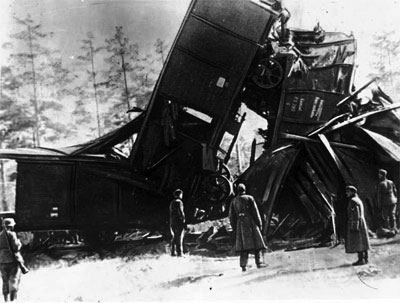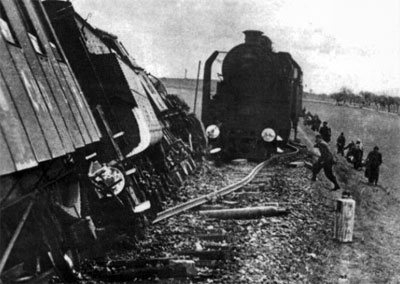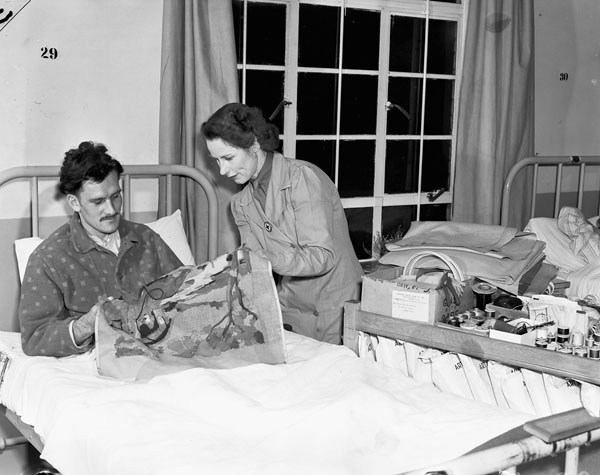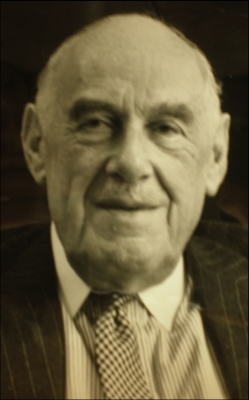Upon the return of the Conservatives to the British government in 1951, Mr. Oliver Lyttelton was appointed as the Secretary of State for the Colonies, and visited Malaya on a tour of inspection. Malaya, recently reduced to a colonial backwater due to the emergence of hostilities in Korea, had been the scene of a communist insurgency for a number of years. As John Coates notes in
Suppressing Insurgency: An Analysis of the Malayan Emergency, 1948-1954, Lyttelton quickly learned that the government in Malaya was in shambles, with control divided between the British Officer Administering the Government, and the military and paramilitary. It was hard to discern how government administration and military operations were separate. In hopes to implement broad reforms in administration, education, and training, Lyttelton decided that a strong leader was needed to run the show.
Looking first to General Sir Brian Robertson who hastily declined, and Field Marshal Slim, who claimed he was "too old to go flipping around in an Auster aircraft in the trying climate of Malaya", the report was forwarded to Prime Minister Churchill's office. (Coates, 111) It just so happened that Field Marshal Montgomery was lunching with the PM that day, and the press speculated that Monty would be asked to take the task.
The next day Lyttelton recieved the following letter:
 |
Montgomery at the Coronation, 1953. |
Dear Lyttelton,
Malaya: we must have a plan.
Second, we must have a man. When we have a plan, and a man, we shall succeed.
Not otherwise.
Yours Sincerely,
(signed)
Montgomery, Field Marshal.
Lyttelton's response, a classic example of crisp British understatement was, "I may, perhaps without undue conceit, say that this had occurred to me." (Coates, 112)










